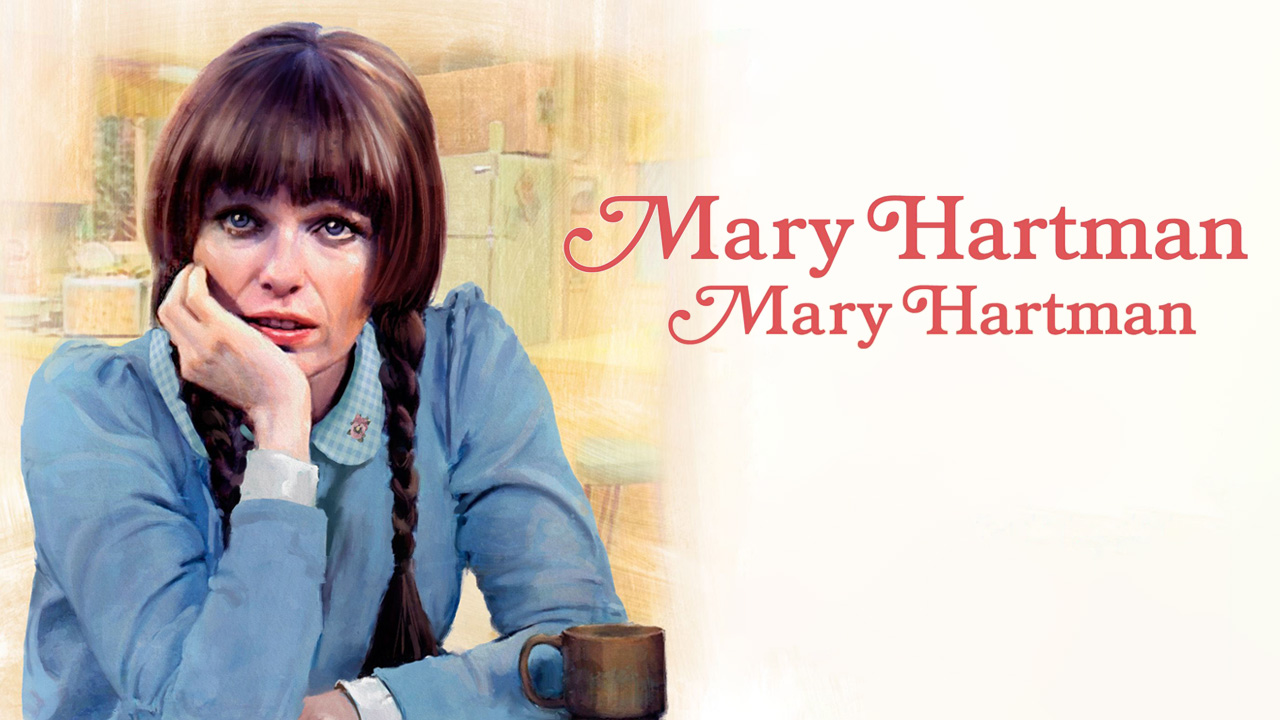(VOD/DVD) A comedic neo-noir from Jonathan Groff (LATE NIGHT WITH CONAN O’BRIEN, SCRUBS, HAPPY ENDINGS) where most of the major players are fools, out-of-touch with reality, or a combination of both.
Andy (Andy Richter) is a wide-eyed suburban accountant who, within five minutes of opening his private practice in a mall court, is duped into the world of investigating underground crime. Joining him is Simon (perfectly annoyingly played by Tony Hale) as Andy’s partner/video store owner whose store resides a floor under Andy’s practice, Wally (Marshall Manesh), as the tech guy/the middle-eastern restauranteur in the same mall court, and grizzled ex-private investigator Lew Staziak (Harve Presnell), who often drags Andy into as many cases as he drags him out of.
While it pokes fun at the genre (it was naming each episode after a noir film a decade before RIVERDALE was), it’s shot with the luster of a Barry Sonnefeld film, and the plotting is as tight as a drum. While the show is silly, the jokes are either sneakily smart, or the stupidity of them are so well-crafted that you don’t care. Also, it never goes as broad as say other genre parodies, like POLICE STORY! or ANGIE TRIBECA.
The series was unceremonious cancelled after four episodes — despite only having a six-ep order — which I’m oddly okay with. While I’m sure they could have sustained this level of quality for another six episodes, what we have here is more than enough.
One caveat: while the pilot is about as perfect of an initial episode of a comedy — this show hit the ground running — the second episode, despite being co-written by BUFFY alum Jane Espenson, leans far too heavily on the premise that folks can find a larger person attractive. I don’t mean there are a few jokes here and there — the episode starts with them and fires off about one or two gags a minute until the ep closes with one more joke. Maybe circle back to it, because it’s one of the rare misfires for the show.
A few out-of-context jokes for you:
“The man’s crazy! He’s throwing babies at us!”
“Gene Kelly’s 50th was a big night. Buddy Hackett took off his pants and sat down on the cake! That was comedy back then: it wasn’t funny, but they committed.”
“Someone’s moving in! I wonder who… said the owl.”
“What do you known about the chicken business?” “Oh, that’s bad news. Like the pork business without the conscience.”
(I swear, the show’s better than this trailer makes it look.)

